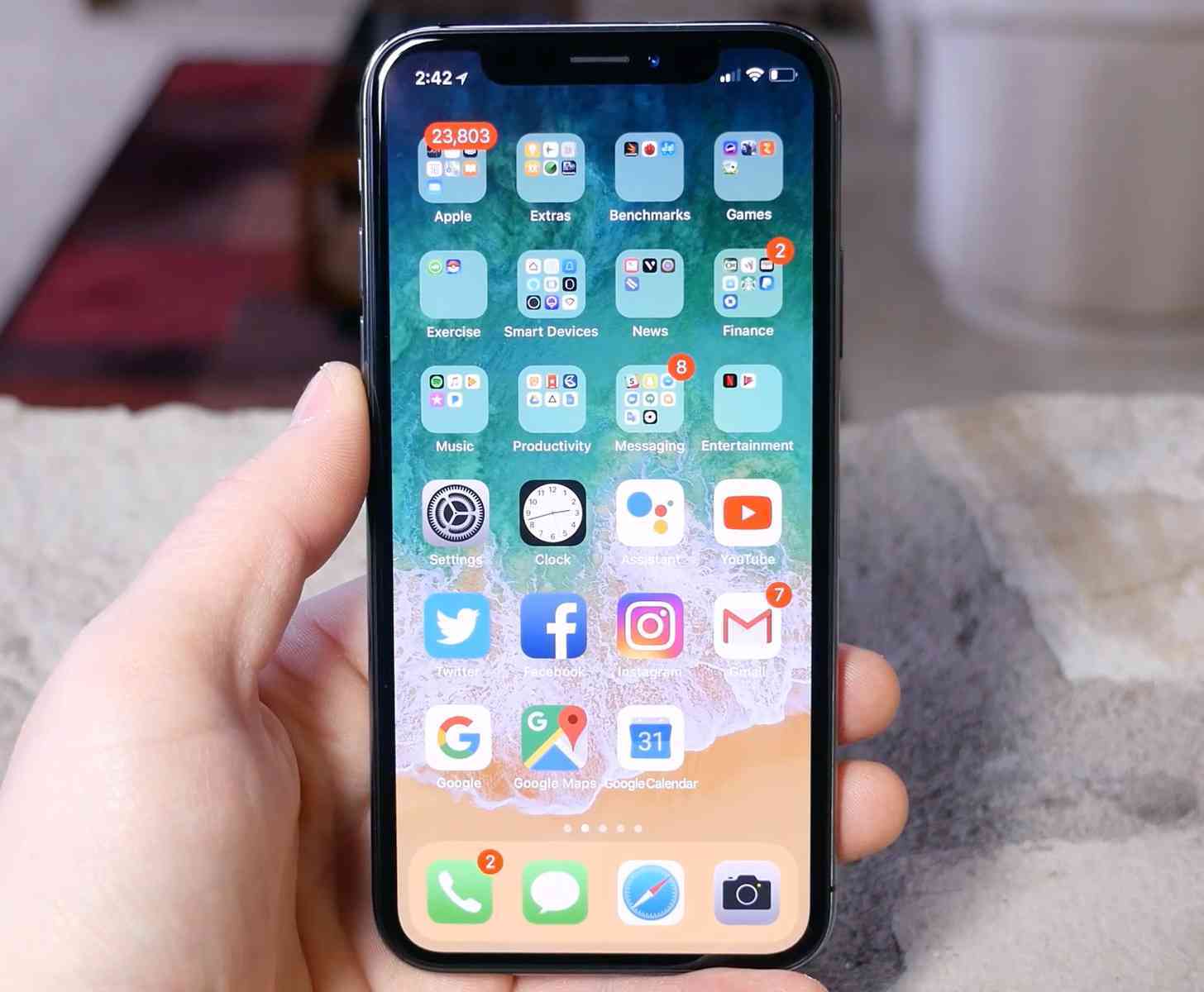
Apple has earned itself, at least from the fans of the company and from others that might be on the fence, a bit of a barrier when it comes to expectations. For some people who use Apple products on a daily basis, the next software update is simply a given -- something they'll download when they get some free time, and they won't give it another thought. For others, depending on the device(s) they have, that same software update might never even see the light of day in their home or on their daily drivers.
I think we're starting to see some of that benefit of the doubt start to whittle away.
That isn't to say that I think Apple's software updates of recent are anything bad. In all honesty I haven't really had any issues with software updates over the years, especially not with major decreases with battery life or performance. That is until I had to use an iPhone 6 recently, which was just about the most abysmal time with a smartphone I've had in recent memory.
But, I think Apple is facing some key issues right now. First, that people are holding onto their devices for longer stretches of time, which means that Apple isn't getting the benefit of people upgrading to the new software just by default when they buy a new phone.
And then there's the fact that iOS has gotten better over the years, which means some folks just might not find a reason to upgrade to something new. "Don't fix what's not broken," basically. And if no one is promoting the new changes by word-of-mouth in their circle, well, the reasons to put new software on your device might not present themselves at all.
I can't help but think back to iOS 7 and Apple's drastic change to the mobile operating system, either. I can think of so many people I know who automatically upgraded to iOS 7 and when they saw the changes were so huge, so sweeping, it was a bit too much. As a result, they aren't in any kind of rush to automatically accept new software from Apple.
I can understand that sentiment wholeheartedly with the launch of iOS 11. The changes to Control Center --especially in its implementation on the iPhone X -- still frustrate me.
Apple recently published that iOS 11 is on 65% of devices out in the wild. That's impressive, to be sure, in its own right -- especially if we look at the version disbursement of Android (we're not going to get into "fragmentation" anymore). However, the number isn't all that impressive if you just look at it from Apple's perspective.
Looking at it year-over-year, which Rene Ritchie did earlier this month, iOS 11 is at 65%, but iOS 10 at the same time was at 76%. iOS 9 was at 76%, too, and iOS 8 was at 68%. Jump all the way back to iOS 7 and that number is at 80% in the subsequent January after its launch.
For all the reasons I listed above, I think Apple is starting to face the reality that people just aren't upgrading their iOS devices as often as they used to -- or as often as Apple would like, probably. Especially considering key security updates are included with new software, too.
But, it got me wondering: If you have an iPhone that supports iOS 11, have you actually upgraded your device to the latest version of the mobile operating system? If not, what are you waiting for? Or are you simply just not going to upgrade your phone at all, and, if that is the case, why not? Let me know!